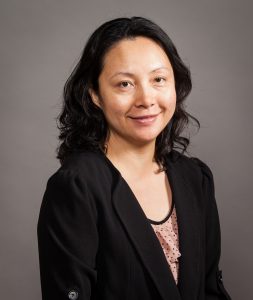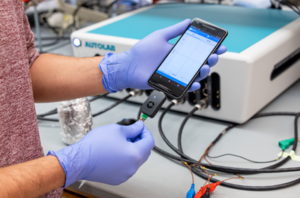
Even as COVID-19 vaccinations are being rolled out, testing for active infections remains a critical tool in fighting the pandemic. Existing rapid tests that can directly detect the virus rely on reverse transcription polymerase chain reaction (RT-PCR), a common genetic assay that nevertheless requires trained technicians and lab space to conduct.
Alternative testing methods that can be scaled up and deployed in places where those are in short supply are therefore in high demand.
Penn researchers have now demonstrated such a method, which senses the virus by measuring the change in an electrical signal when a piece of the SARS-CoV-2 virus binds to a biosensor in their device, which they call RAPID 1.0.
The work, published in the journal Matter, was led by César de la Fuente, a Presidential Assistant Professor who has appointments in Engineering’s departments of Chemical and Biomolecular Engineering, and Bioengineering, as well as in Psychiatry and Microbiology in the Perelman School of Medicine.
“Prior to the pandemic, our lab was working on diagnostics for bacterial infections. But then, COVID-19 hit. We felt a responsibility to use our expertise to help—and the diagnostic space was ripe for improvements,” de la Fuente said. “We feel strongly about the health inequities witnessed during the pandemic, with testing access and the vaccine rollout, for example. We believe inexpensive diagnostic tests like RAPID could help bridge some of those gaps.”
The RAPID technology uses electrochemical impedance spectroscopy (EIS), which transforms the binding event between the SARS-CoV-2 viral spike protein and its receptor in the human body, the protein ACE2 (which provides the entry point for the coronavirus to hook into and infect human cells), into an electrical signal that clinicians and technicians can detect. That signal allows the test to discriminate between infected and healthy human samples. The signal can be read through a desktop instrument or a smartphone.
Read more about RAPID at Penn Medicine News.
Originally posted on Penn Engineering Today.

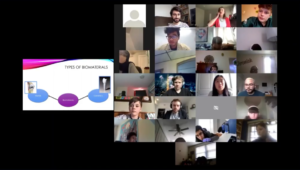
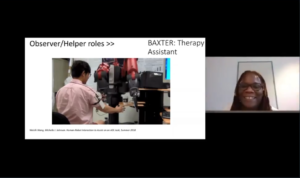

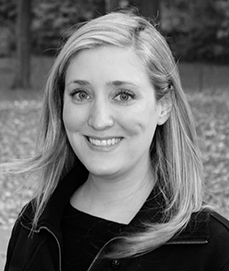




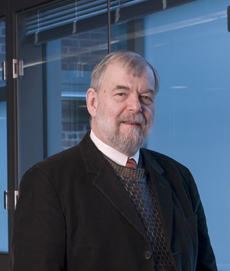
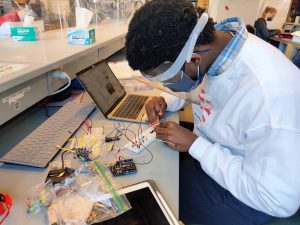

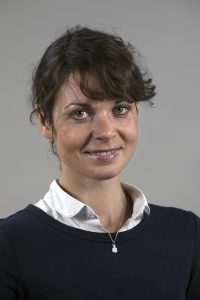
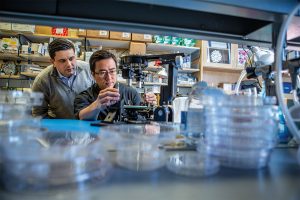
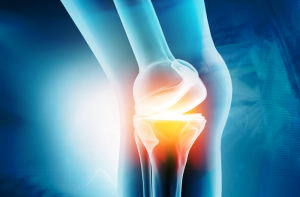 New research from
New research from 